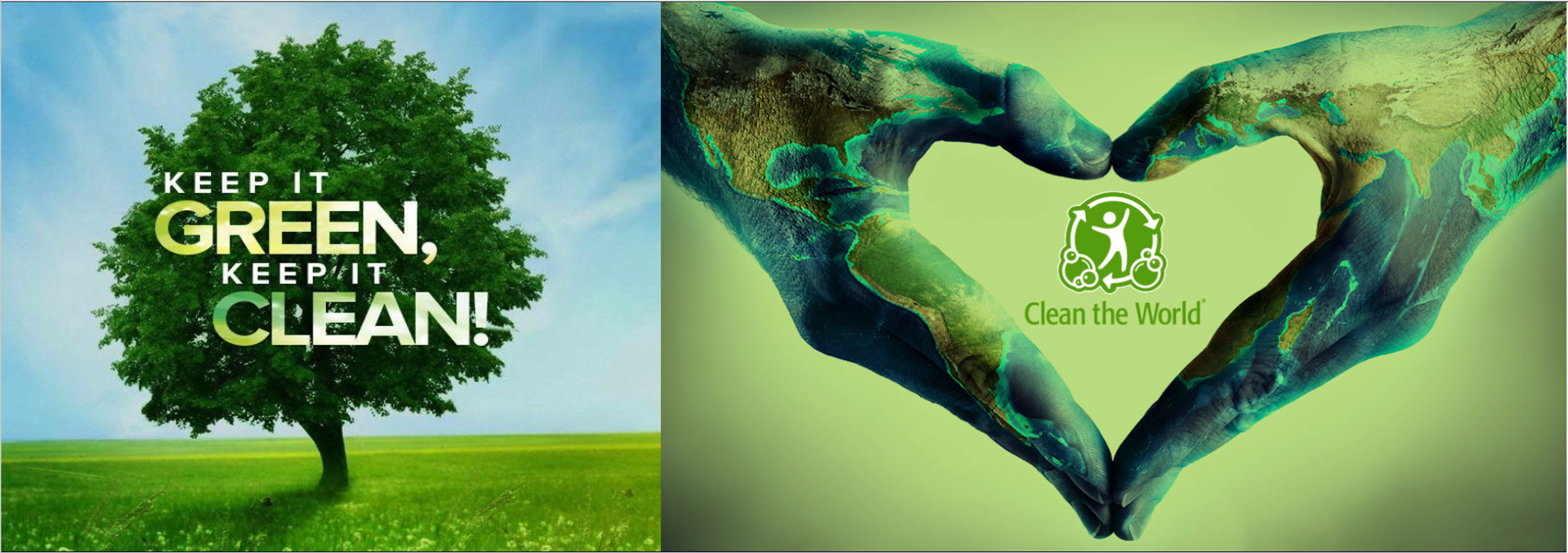The Green Page:

An Article About NZ by Frank Bruni
Frank writes a regular column for the New York Times - I highly recommend it. He often features a section - For the Love of Sentences - about great writing. He writes - with great love - about his dog Regan, about politics, society and much more. In his latest column, he wrote a piece as a personal side note about his recent trip to New Zealand. It is worth sharing for many reasons.
Frank's photograph of Lake Wanaka featuring yellow grass in the foreground and tawny mountains in the background.
On a Personal Note
It was as if a toddler had tumbled overboard.
Several of us gasped or cried out as the wind carried the object away. We frantically searched the sea’s surface for some sign of it. And when, about two minutes later, we spotted it near the shoreline some 50 feet away, the captain of our catamaran dove into the water, swam as quickly as he could and brought it safely back to the boat.
Catastrophe averted! We had saved paradise from an empty can of beer.
That was about three weeks ago, during a trip to New Zealand, where my three siblings, their spouses and I encountered more than some of the most dazzling seascapes and landscapes we had ever seen. We also observed a respect for nature and stewardship of the environment that put the behaviour of so many of us Americans to shame.
Graced with mountain lakes and coastal fjords and lush forests and birds galore, New Zealanders seem to possess a special appreciation of both the majesty and the fragility of what they have. I say “seem” because I visited this island nation only briefly, I’m going by first impressions and I’m surely generalizing.
But to connect with the natural world the way you do when moving across a patch of earth as crazily beautiful as New Zealand is to understand, in a deep and spiritual way, the moral necessity of preserving it, the sacrilege of spoiling it and how much control we have — if only we choose to exert it, if only we temper our hungers and our heedlessness.
In New Zealand, I routinely witnessed or heard about such exertions and such tempering. They were as humdrum as a store’s banishment of plastic and as ambitious as the government’s relocation of an entire species of native bird endangered by the corruption of its original habitat.
When we kayaked in Doubtful Sound, we crossed paths with no other kayakers and only a few boats: The government strictly limits activity there. Almost everywhere we hiked, we came across meticulously distributed, laboriously maintained traps for rodents and weasels that weren’t indigenous to New Zealand and, left unchecked, might wipe out yet more species of birds. We also saw hundreds of clusters of strategically planted saplings, their spindly trunks skirted with protective cylinders. Where deforestation had once occurred, reforestation was now taking place.
What an impressive campaign. And what a powerful inspiration. When you behold this kind of commitment, you internalize it, and as you do, you realize that an accretion of decisions and actions — some communal, some individual, some major, some minor — points the way toward our ecological salvation or ruin.
Had the catamaran captain not chased down that beer can, I might well have. I want the same New Zealand that took my breath away to leave people breathless for generations to come. I want to answer the gift of it with the gratitude it deserves.

